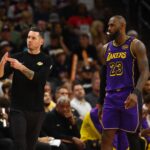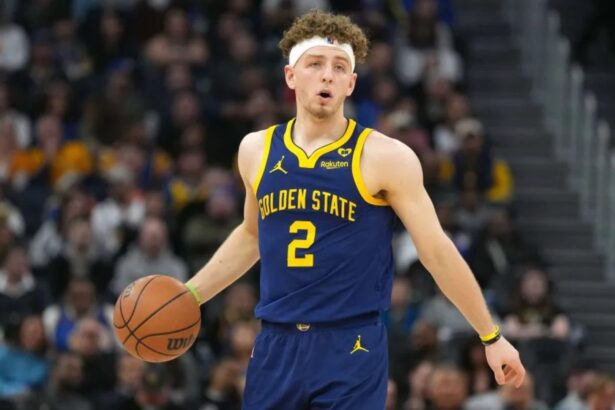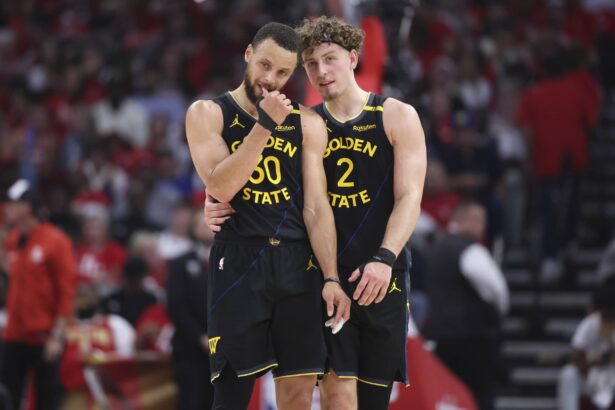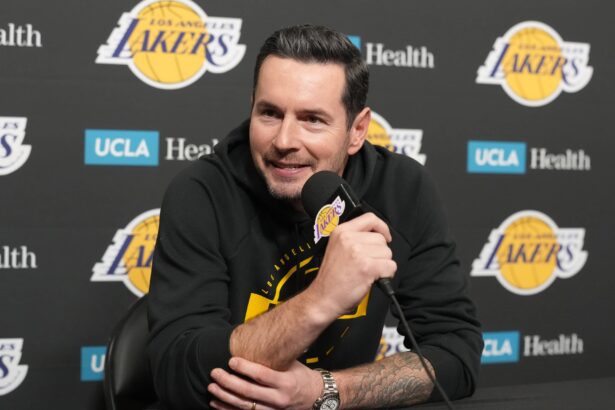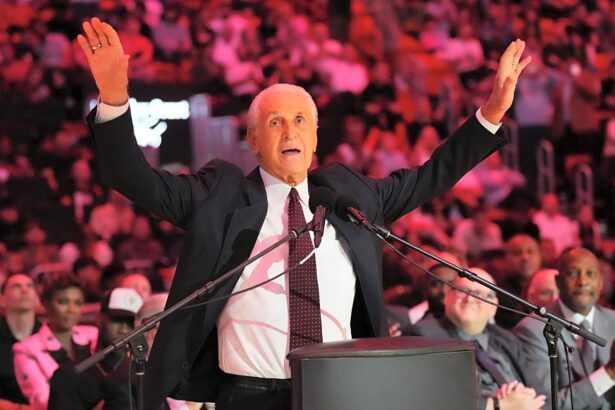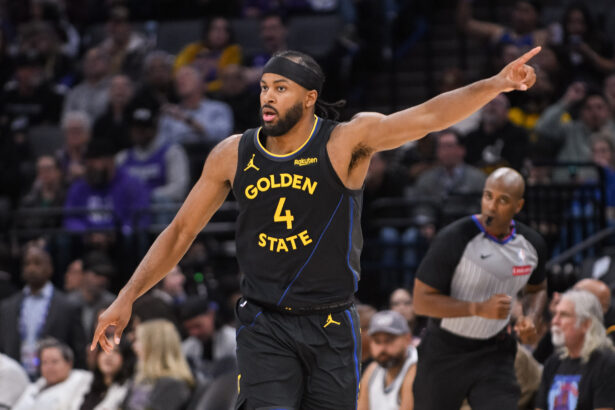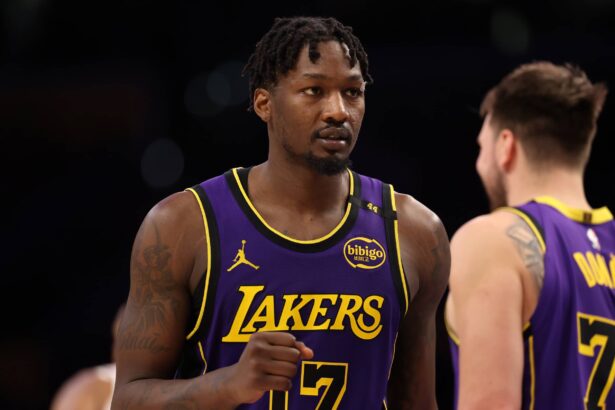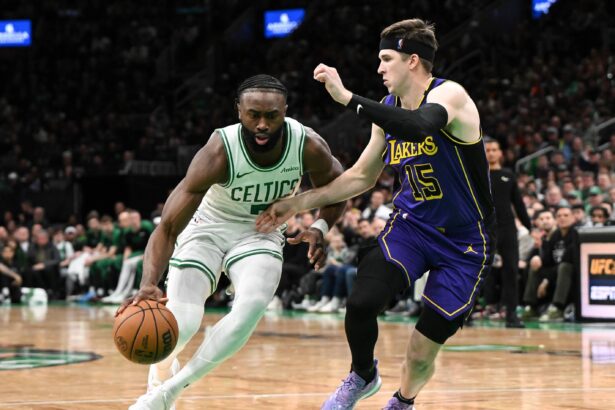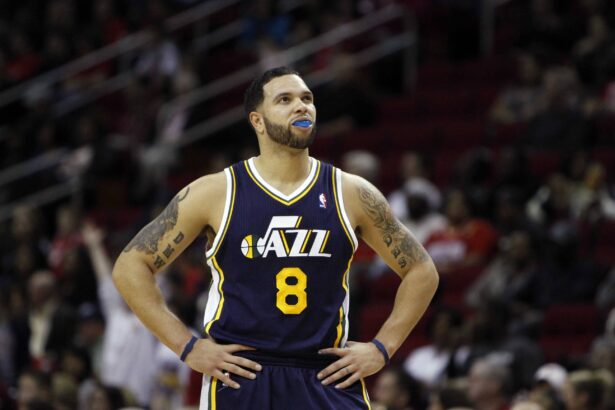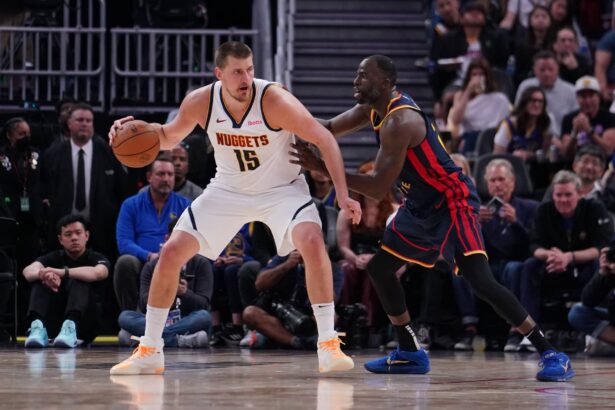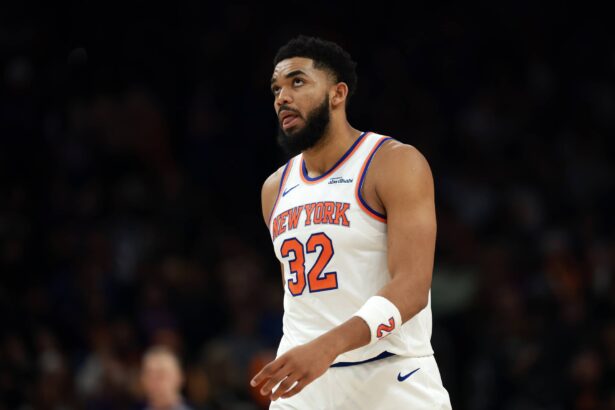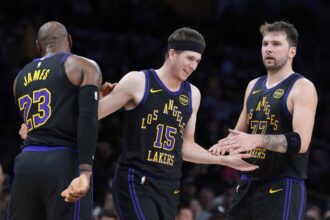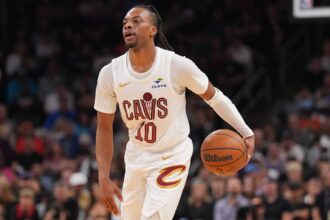Dwyane Wade did not hold back when discussing the stunning Luka Doncic-Anthony Davis trade, offering a unique perspective on how the deal was orchestrated at the highest levels of basketball.
On his show The Why with Dwyane Wade, the Hall of Famer emphasized that this move was not driven by players, agents, or even front offices—it was billionaire owners making a decision based on business, legacy, and the global appeal of the NBA.
“First of all, I said to myself, before all the reports come out I said, no players were involved in this decision; this is billionaires’ business. This was at the top; the last 12 to 15 years, the players have decided what we want to do. This was the owners, the governors, the billionaires deciding what they want to do.”
“So I looked at the business of the game. I said, ‘Okay, so the NBA—who everyone talks about—the viewership in America is down. We talked about it on this show. The NBA, right, is an international game.”
“The NFL, this is where they’re at. We are here, but we’re international. And so our viewership, our money, our stars in the game today—all international players for the most part.'”
“So now you look at it and say, ‘Okay, one of the biggest international stars now, at 25 years old, gets traded to the Los Angeles Lakers—the biggest market in the world for sports is the Lakers.’ And so I look at this and I say, ‘Okay, obviously Dallas, like we talked about, this is a win-now situation for Dallas, right?'”
“They moved off someone who we all said, ‘Man, it’s Luka Magic. He’s a star.’ But how did they feel? They want to win a championship. They didn’t feel that, at this time in his career, he could do that with a win-now team, right? Right. They wanted a win-now mentality.”
“And so I looked at it and said, ‘This is amazing from the standpoint of the business of the game. Luka was number six in jersey sales in Dallas. Luka now shoots to number one in jersey sales with the Lakers.”
“Now, the international market—think about it. We just signed a new TV deal. What, $25 billion? Let’s just throw it out there, a $25 billion TV deal. You got the top international player in LA. So the viewership, the ticket sales—everybody, Europe, Spain, they’re all coming into LA.'”
“So I’m looking at the business. I’m like, ‘This was an amazing business decision by billionaires to say, this is what I want for now, and this is what we need as a league.'”
“You get 10 years of Luka being the face of the Lakers, but you also get to put him with LeBron James, who—let’s say he can play as long as he wants—but you get to put him with the guy who’s been the face of the league, who can show him how to be the face of the league.”
“And also, too, who can show him how to take care of himself the way he needs to take care of himself.”
“That is the best example you can have. Yeah, you put him with the Lakers. You put him with LeBron. Go learn. Because we need you to be the face of this league. Because this is a business, and this is about bread too.”
“And so I looked at the business side. I was like, ‘This is genius.'”
Wade made it clear from the start that no player had any real say in this transaction. Unlike the past decade, where superstar players often dictated where they played and whom they teamed up with, this deal was purely a business decision made by the NBA’s most powerful owners.
Wade’s comments reflect the NBA’s shifting dynamics. In an era where players like LeBron James, Kevin Durant, and Kawhi Leonard have wielded immense influence over team-building decisions, this trade came as a shock because it blindsided even the stars involved.
LeBron James, Anthony Davis, and Luka Doncic reportedly had no idea this was happening, proving Wade’s point—this was a move designed for long-term business gains, not just on-court success.
One of Wade’s most interesting insights was how this trade ties directly into the NBA’s future as an international league. While the NFL dominates American sports culture, the NBA has positioned itself as the most global sports league, with its top stars hailing from Europe, Africa, and beyond.
Doncic, a Slovenian superstar, moving to the Los Angeles Lakers—the biggest market in basketball—makes perfect sense from a financial standpoint. As Wade pointed out, Luka was already one of the top-selling jerseys in Dallas, but in LA, he instantly becomes the biggest international NBA star in the biggest city, with global appeal.
LeBron, now 40 years old, has been the defining superstar of the NBA for two decades. But with his career winding down, the league needs a successor, someone who can carry that global appeal into the next decade. This trade positions Luka as that next great icon, and pairing him with LeBron is the best possible way to prepare him for that role.
While basketball purists may debate whether trading a 25-year-old generational talent was a good idea for Dallas, there’s no question that this trade makes perfect sense for the NBA’s business model. Luka Doncic in Los Angeles is a financial goldmine, and Wade’s perspective highlights exactly why this wasn’t just a basketball trade—it was a billionaire business strategy in action.
Thank you for being a valued reader of Fadeaway World. If you liked this article, please consider following us on Google News. We really appreciate your support.




